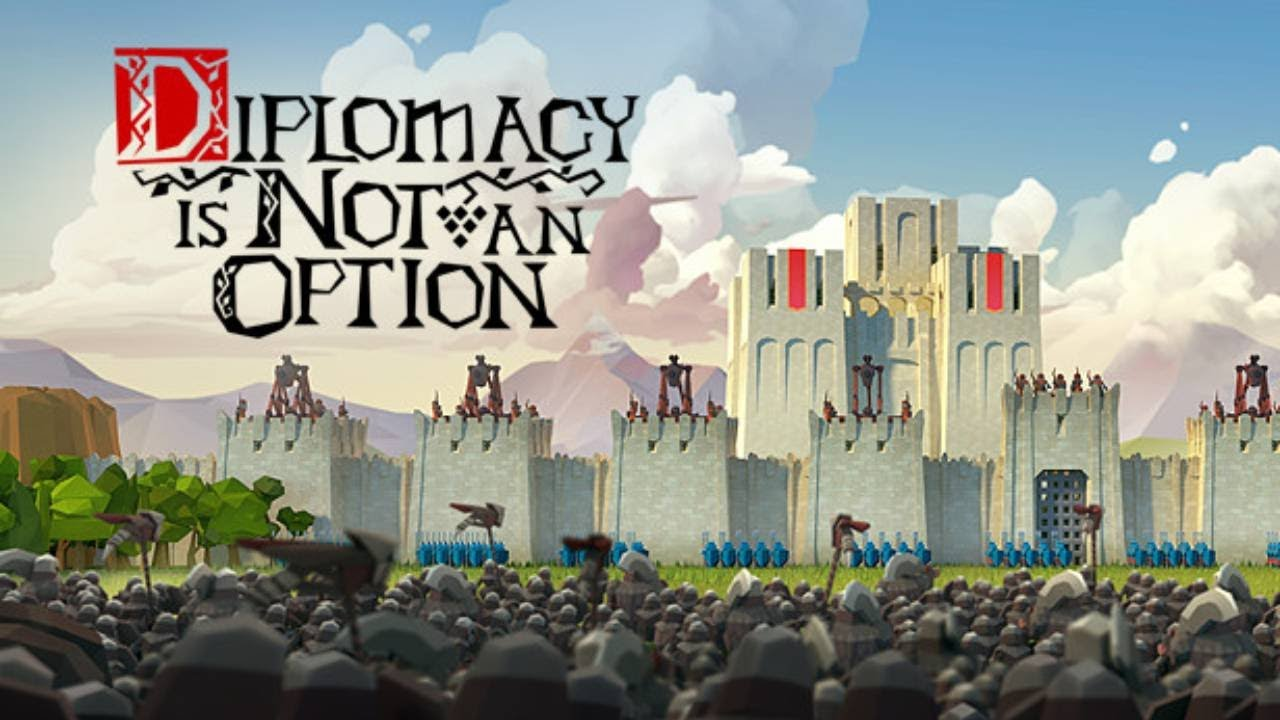The hallowed halls of the White House have long served as a stage for celebrating athletic achievement, a venue where presidents typically offer congratulations and share pleasantries with visiting sports teams. Yet, on a recent occasion, the script diverged, offering an unscripted moment that highlighted the increasingly intertwined nature of sports, politics, and complex social debates.
A Routine Visit, An Unexpected Turn
The Italian football powerhouse, Juventus, found themselves in Washington D.C. not merely for a goodwill tour, but for their opening match of the Club World Cup against the UAE`s Al Ain. As is customary, a visit to the White House was arranged, bringing together a roster of international stars, including two members of the U.S. men`s national team, Weston McKennie and Timothy Weah. Also in attendance was FIFA President Gianni Infantino, a familiar face in the executive mansion since the current administration took office.
The expectation, one might assume, was for handshakes, photo opportunities, and perhaps a brief exchange about the upcoming tournament. However, President Donald Trump steered the conversation into an unexpected direction.
The Query That Echoed Beyond the Pitch
In a moment that garnered significant media attention, President Trump posed a question to the assembled athletes: “Could a woman make your team, fellas?” The silence that followed, thick with unspoken diplomacy, was perhaps more telling than any direct answer. When no immediate response was offered, the President reiterated his line of inquiry.
It was Juventus’s General Manager, Damien Comolli, who stepped forward with a measured, albeit somewhat evasive, response. “We have a very good women`s team,” he stated, referencing Juventus Women, who are the reigning Serie A champions.
Trump`s reply was swift and unequivocal: “But they should be playing with women. He’s being very diplomatic.” This exchange underscored the President`s well-documented stance on a contentious issue, a position formalized by an executive order signed in February banning transgender athletes from women`s sports.
Sports as a Microcosm of Societal Debates
One might imagine the players, accustomed to dissecting complex defensive formations, found themselves unexpectedly grappling with a far more intricate socio-political query. This incident was not an isolated event; it served as a vivid example of how sports, often viewed as a realm of pure competition and escape, increasingly find themselves at the nexus of broader societal discussions, particularly those concerning gender identity and fairness in athletic competition.
The debate around transgender athletes in sports is multifaceted, encompassing questions of biological advantage, inclusion, and the very definition of fair play. While advocates for inclusion emphasize the importance of participation and acceptance for all, proponents of restrictions often cite concerns about competitive equity, particularly in women`s sports.
The Unavoidable Intersection of Statecraft and Sport
This White House encounter illustrates a growing trend: political leaders are increasingly using high-profile sports events and interactions to articulate policy positions or spark public discourse. For athletes and sports organizations, these moments present a unique challenge. They are expected to represent their sport, their club, and sometimes their nation, while navigating complex political landscapes over which they have little control.
The visit, which also saw President Trump field questions on international affairs while the players stood by, further emphasized the often-unpredictable nature of high-level state engagements. Sports figures, whether they intend to or not, can become unwitting participants in narratives far removed from their athletic pursuits.
Beyond the Headlines: The Ongoing Conversation
The brief, unscripted exchange at the White House serves as a potent reminder that the field of play is no longer confined to the stadium lines. It extends into policy discussions, ethical considerations, and fundamental questions about identity and fairness. As sports continue to grow in global influence and visibility, their intersection with political discourse and social justice issues will only become more pronounced.
The silent diplomacy from Juventus, contrasted with the President`s directness, encapsulated a larger societal debate that continues to evolve. It highlights the delicate balance between upholding competitive integrity and fostering an inclusive environment, a challenge that sports federations and policymakers worldwide continue to grapple with.

